Farm Animals (Cattle, Sheep, Goats, etc.)
28 posts
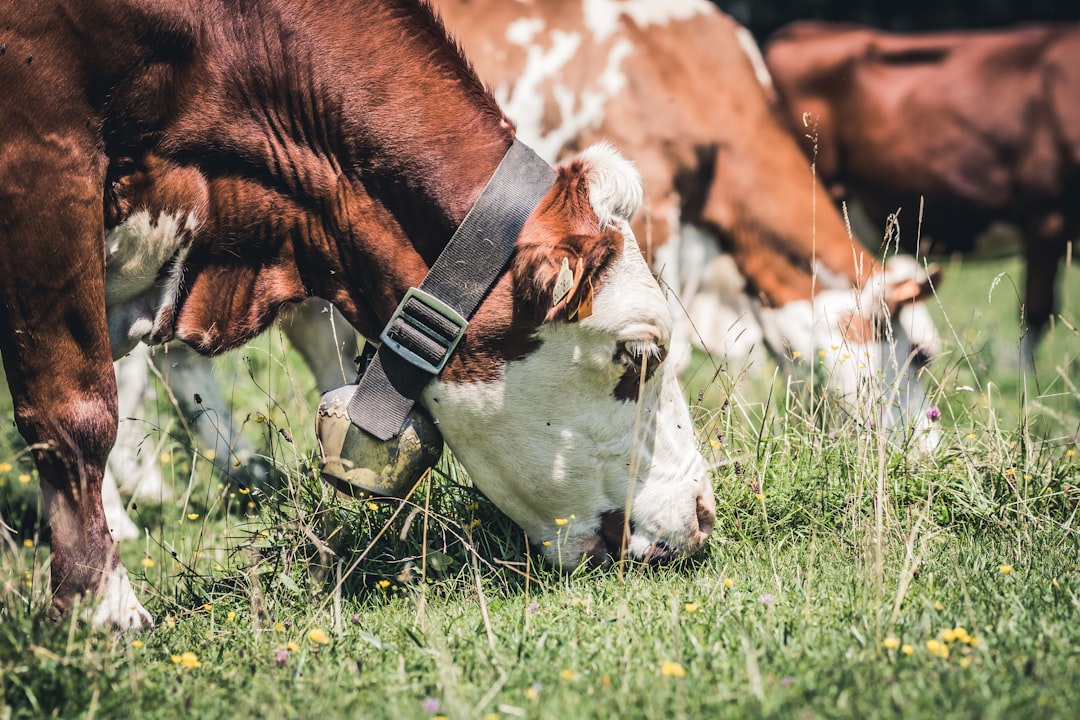
The Role of Ruminants in Sustainable Agriculture: Grazing, Soil Health, and Carbon Sequestration
Ruminants—cattle, sheep, goats, and other hoofed herbivores—often find themselves at the center of heated debates about sustainability and climate change. While concerns about methane emissions from livestock are valid, there’s …
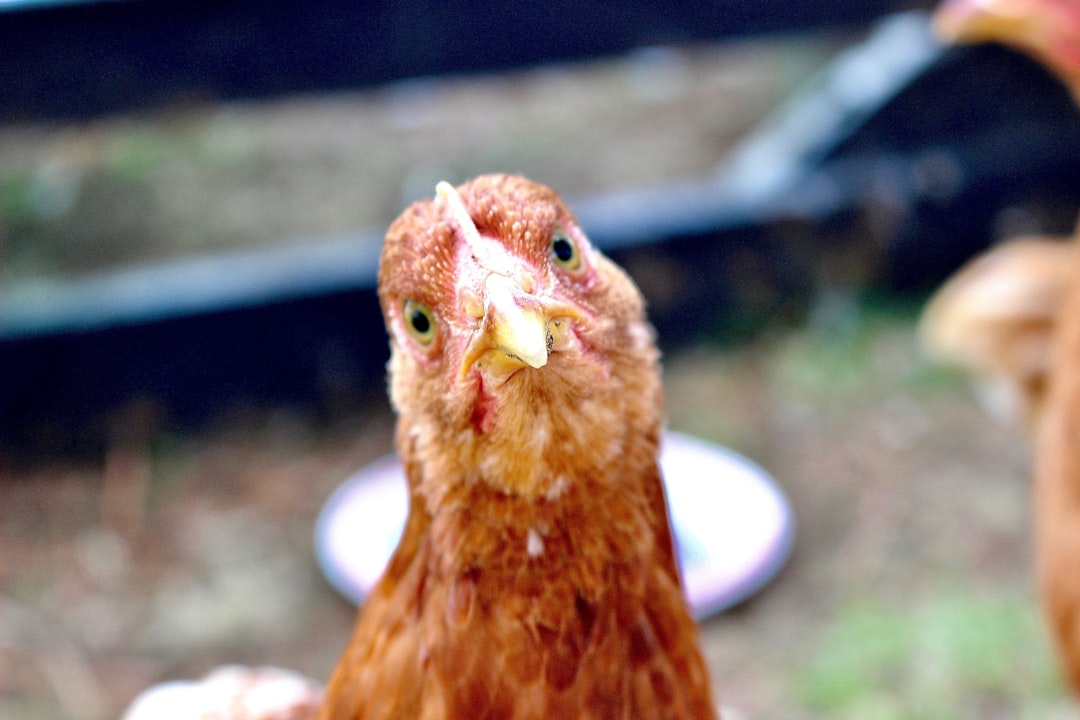
Precision Poultry Farming: Using Sensors and Data Analytics to Optimize Production and Health
Precision poultry farming represents a significant shift in how poultry operations are managed, leveraging advanced technologies like sensors and data analytics to optimize production efficiency and bird health. This approach …
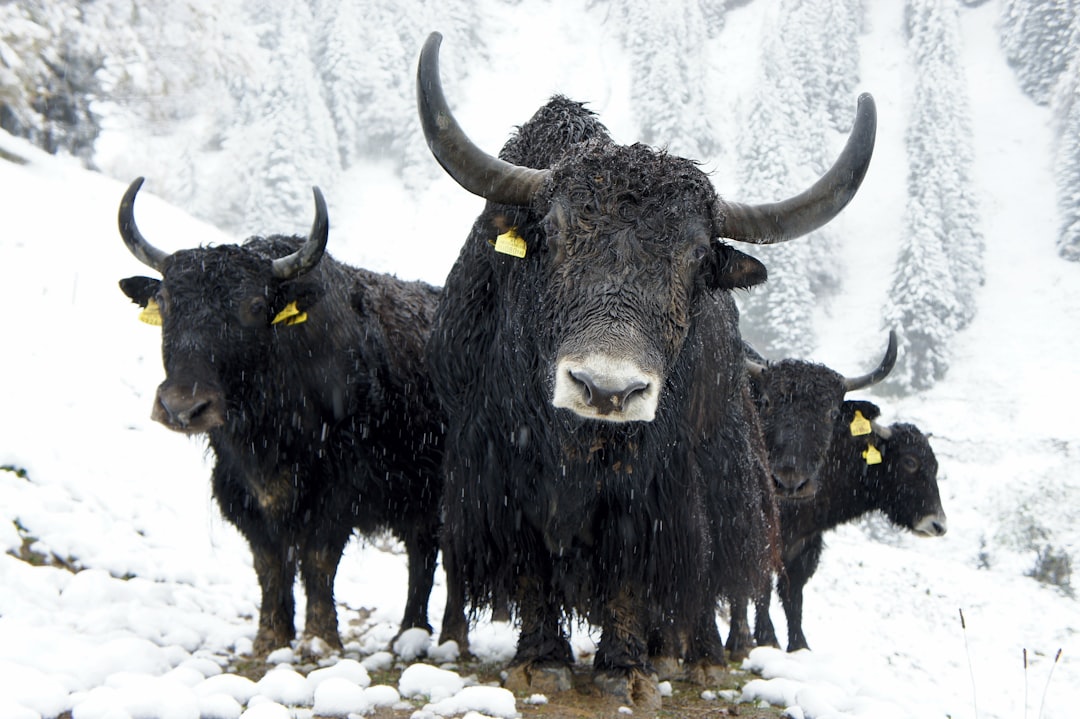
Traditional vs. Modern Methods of Raising Cattle Globally
Cattle farming has evolved significantly over time, with traditional and modern methods coexisting in different parts of the world. These approaches vary in their focus on productivity, environmental impact, and …
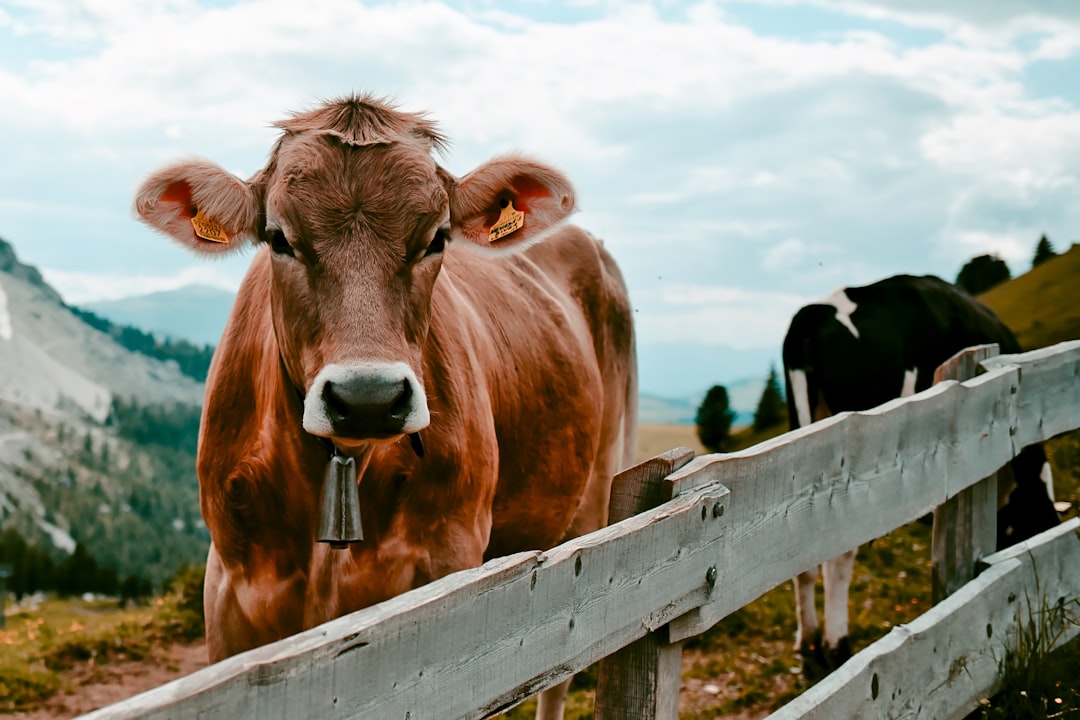
The Economic Importance of Cattle, Sheep, and Goats in Different Regions of the World
Cattle, sheep, and goats are vital components of agricultural economies worldwide, contributing significantly to food security, income generation, and rural livelihoods. This post explores the economic importance of these livestock …
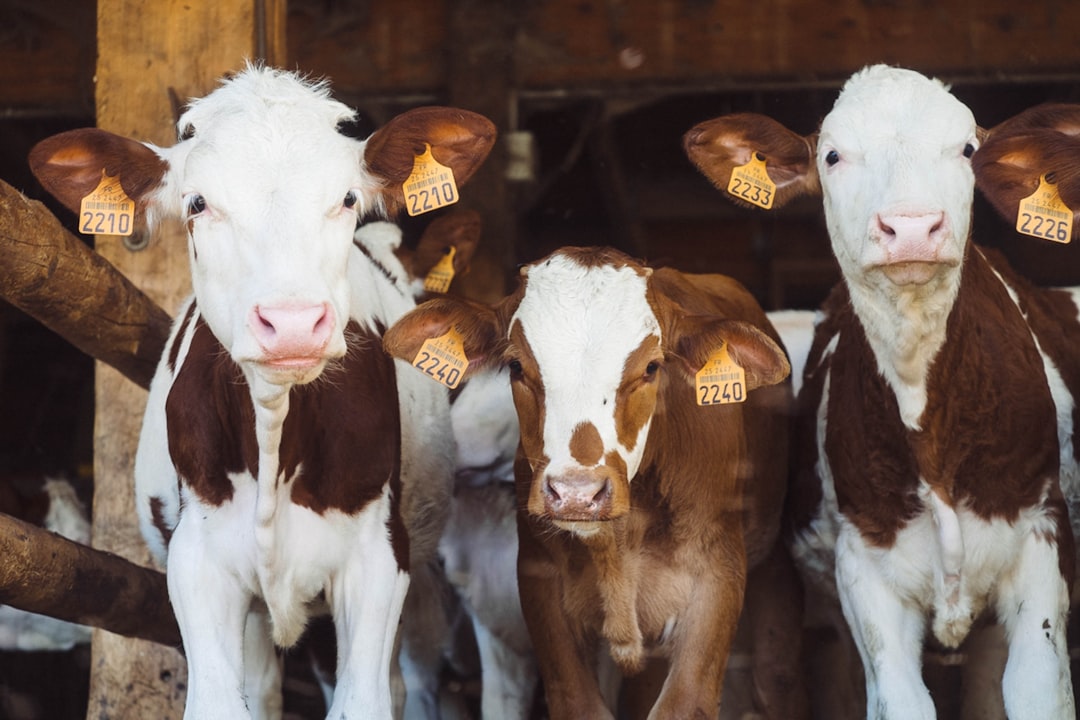
The Environmental Footprint of Different Farm Animal Species: A Comparative Analysis
The environmental impact of farm animal species varies significantly, influenced by factors such as feed efficiency, land use, water consumption, and greenhouse gas emissions. This post provides a comparative analysis …
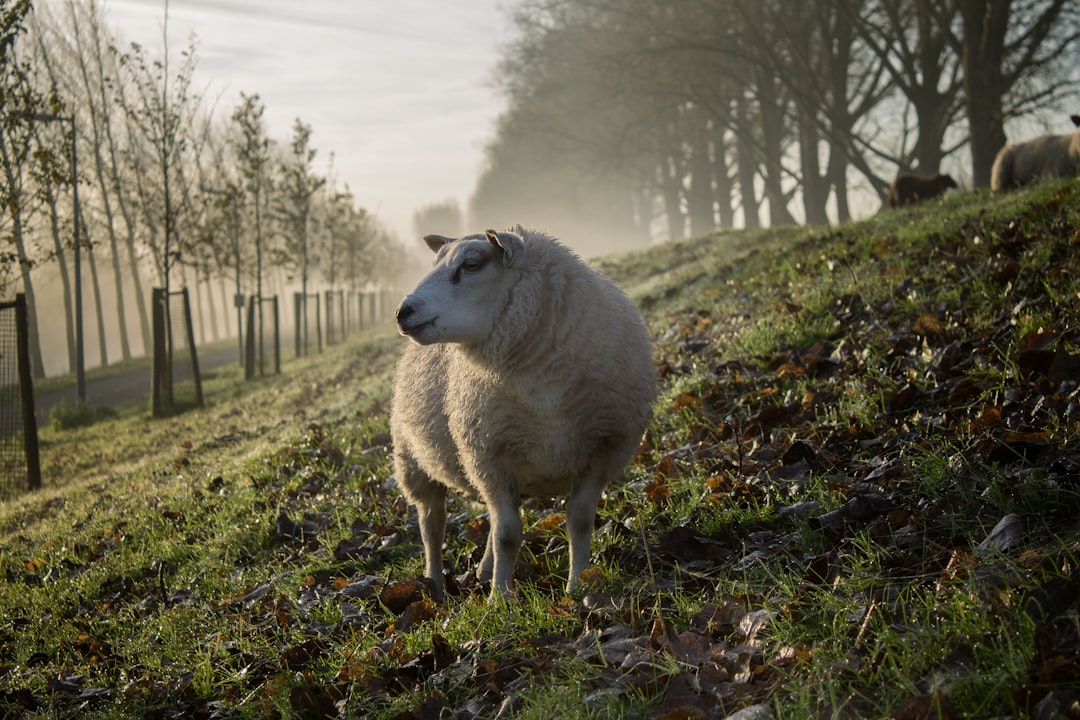
Cattle vs. Sheep vs. Goats: Understanding Their Different Needs and Management Requirements
Cattle, sheep, and goats are three of the most common livestock species raised globally, each with unique characteristics and management needs. Understanding these differences is crucial for optimizing their care, …
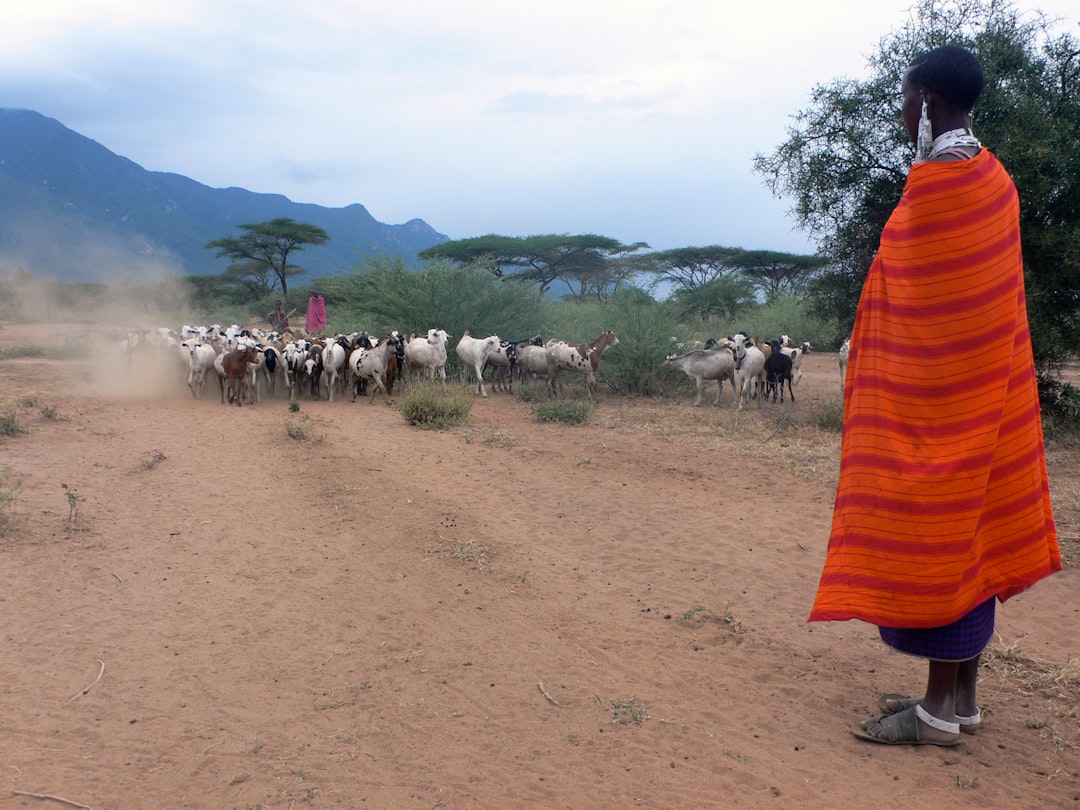
The Growing Role of Goats in Small-Scale Farming and Food Security Globally
Goats are increasingly recognized as a vital component of small-scale farming worldwide, contributing significantly to food security and sustainable agriculture. Their adaptability, efficiency, and versatility make them an ideal choice …
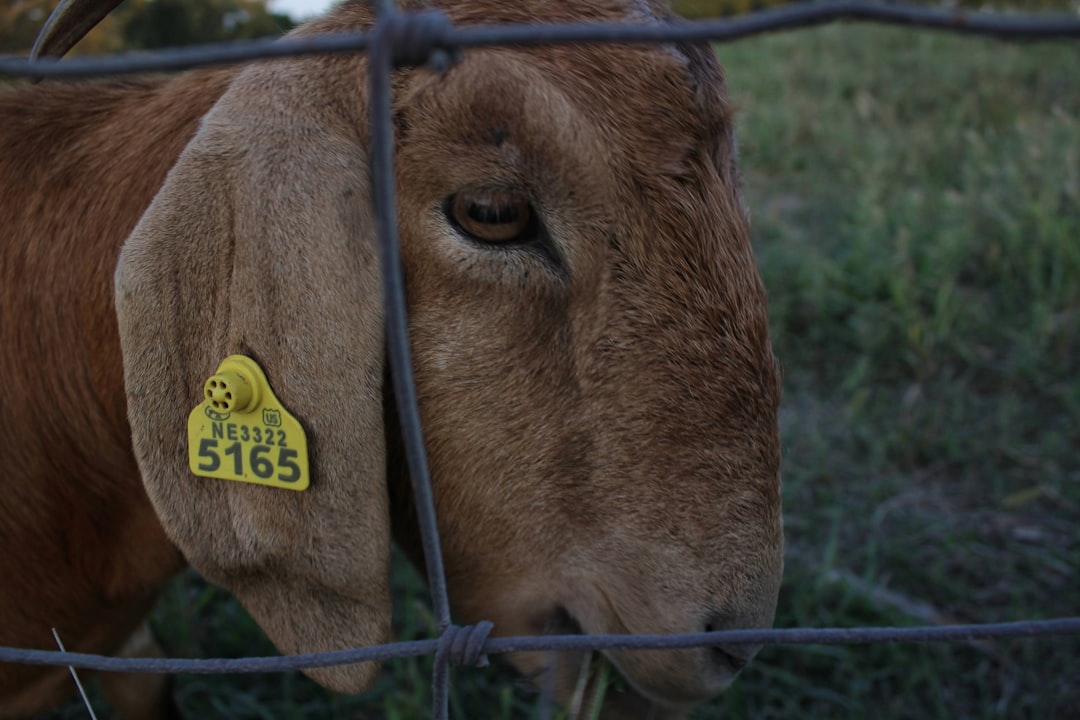
Common Diseases Affecting Goats and Practical Prevention Strategies
Goats are susceptible to a variety of diseases that can impact their health and productivity. Understanding these diseases and implementing effective prevention strategies is crucial for maintaining a healthy and …
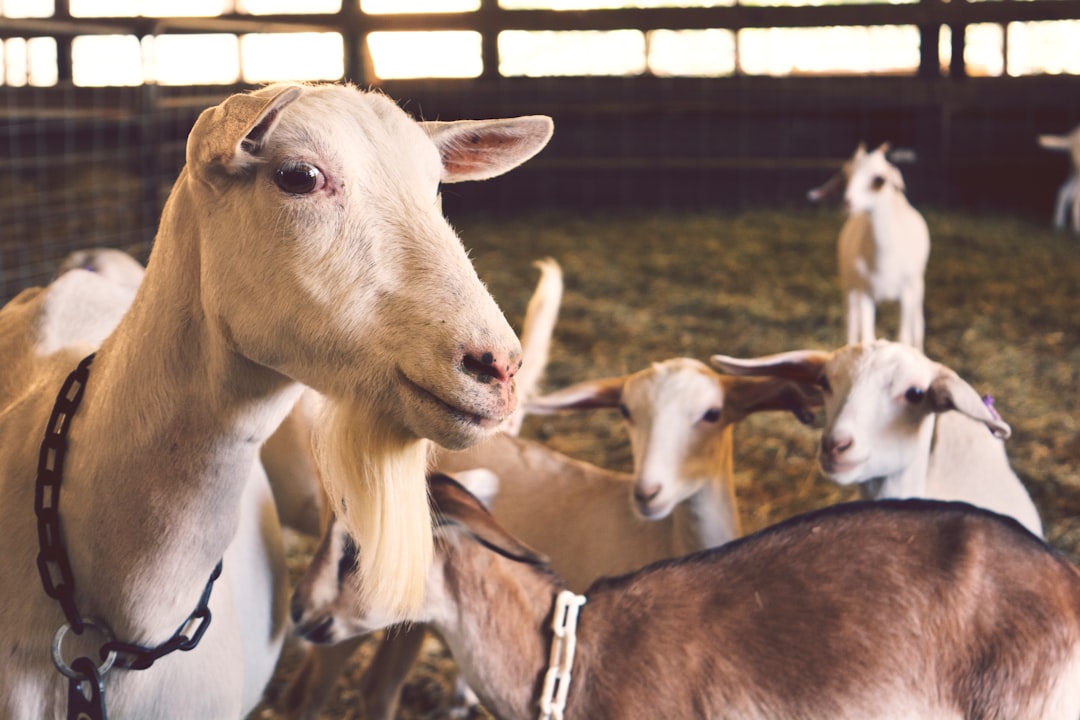
Understanding Goat Behavior and Designing Appropriate Housing and Fencing
Goats are intelligent, social, and curious animals that require specific housing and fencing to meet their behavioral needs. Understanding goat behavior is crucial for designing effective and safe living spaces …
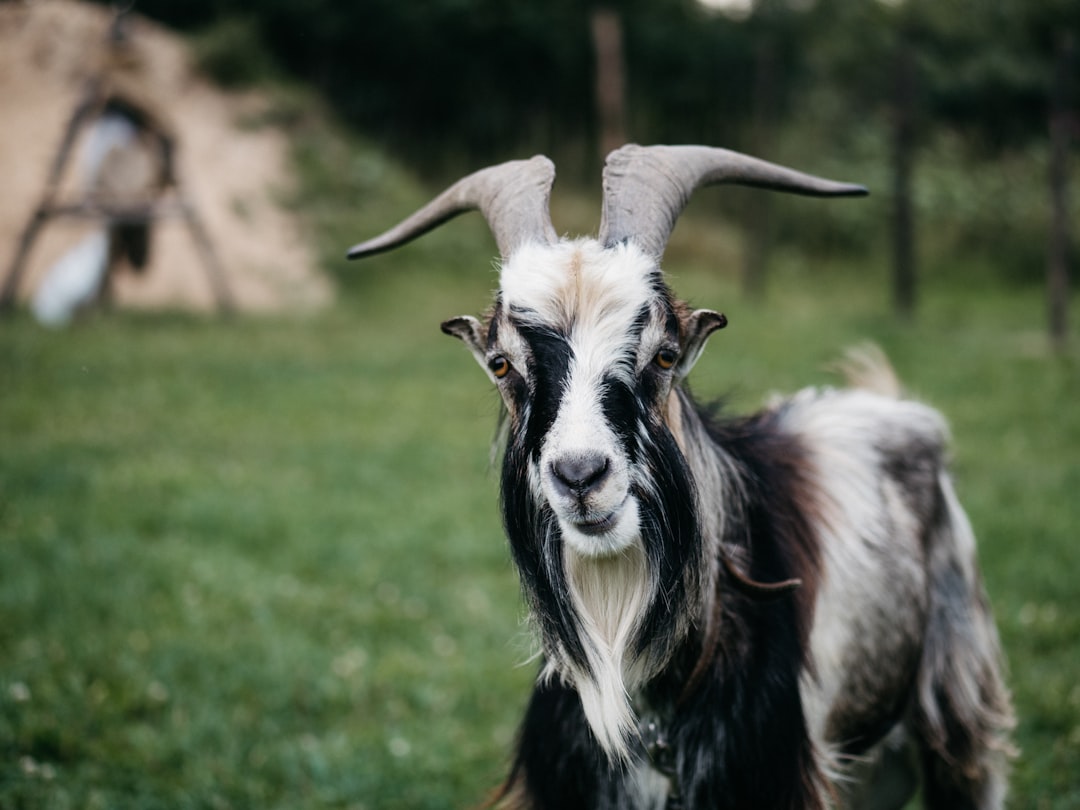
Successful Goat Management in Diverse Environments: From Arid Lands to Humid Regions
Goats are incredibly adaptable animals, thriving in a wide range of environments from arid deserts to humid tropical regions. Effective management strategies are crucial for optimizing goat production in these …
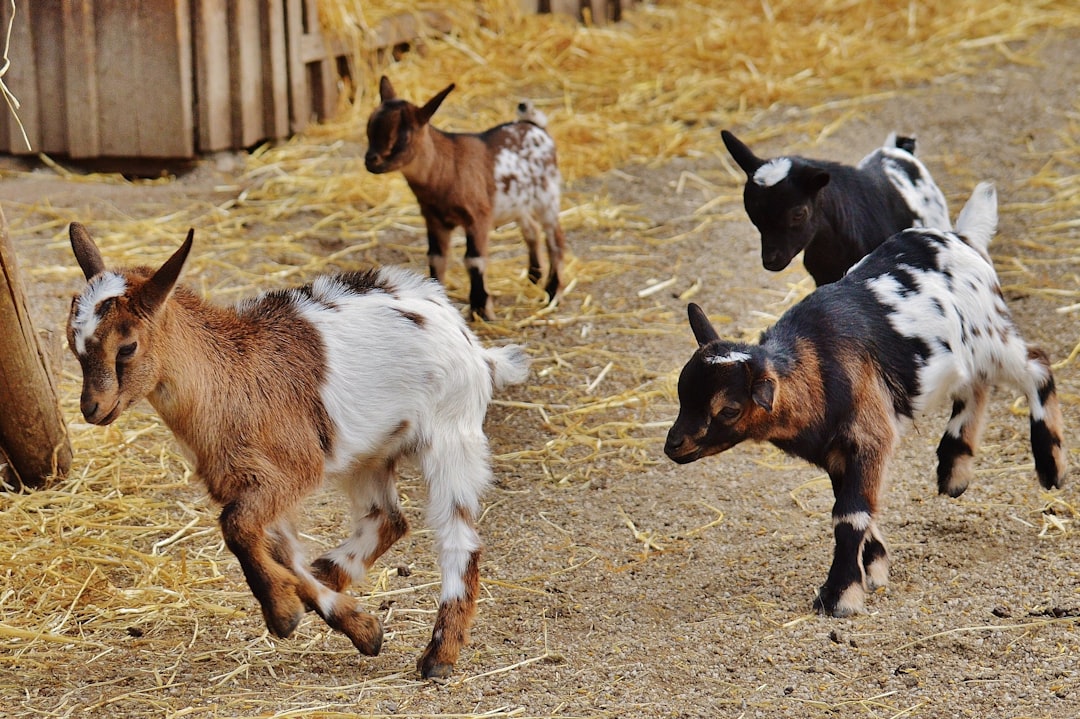
The Versatility of Goats: Breeds for Milk, Meat, Fiber, and Brush Control Around the World
Goats are incredibly versatile animals, contributing to agriculture in multiple ways, including milk production, meat supply, fiber production, and land management through brush control. This post explores various goat breeds …
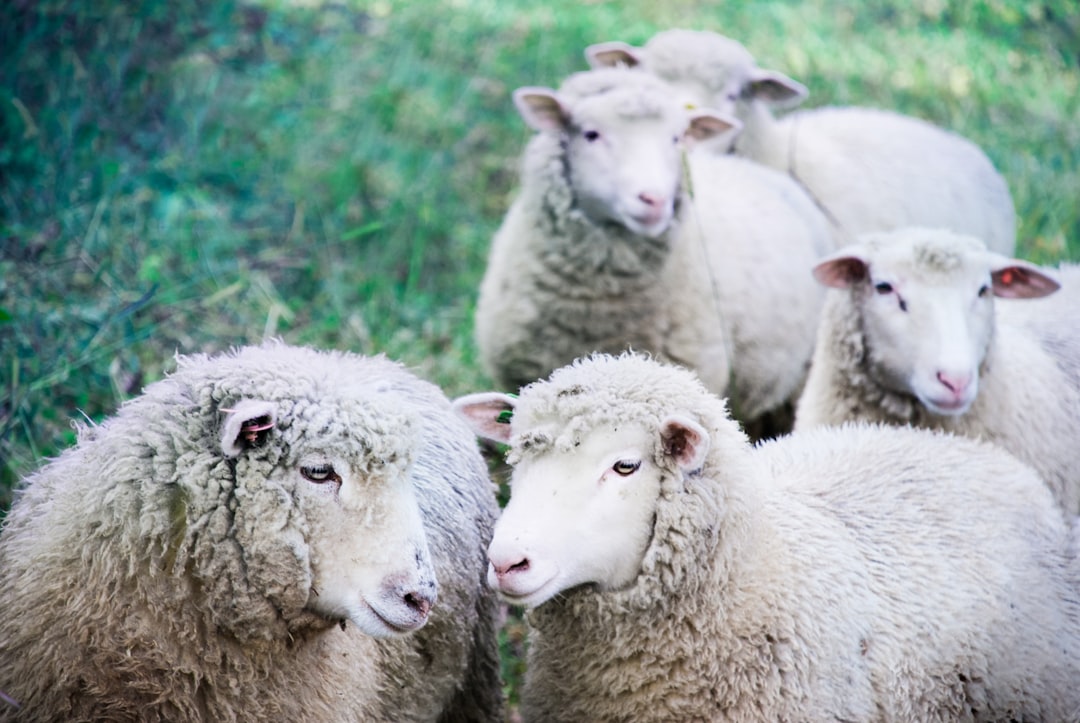
Common Health Concerns in Sheep and Effective Management Practices
Sheep are susceptible to a variety of health concerns that can impact their productivity and welfare. Effective management practices are crucial for preventing and managing these issues, ensuring a healthy …
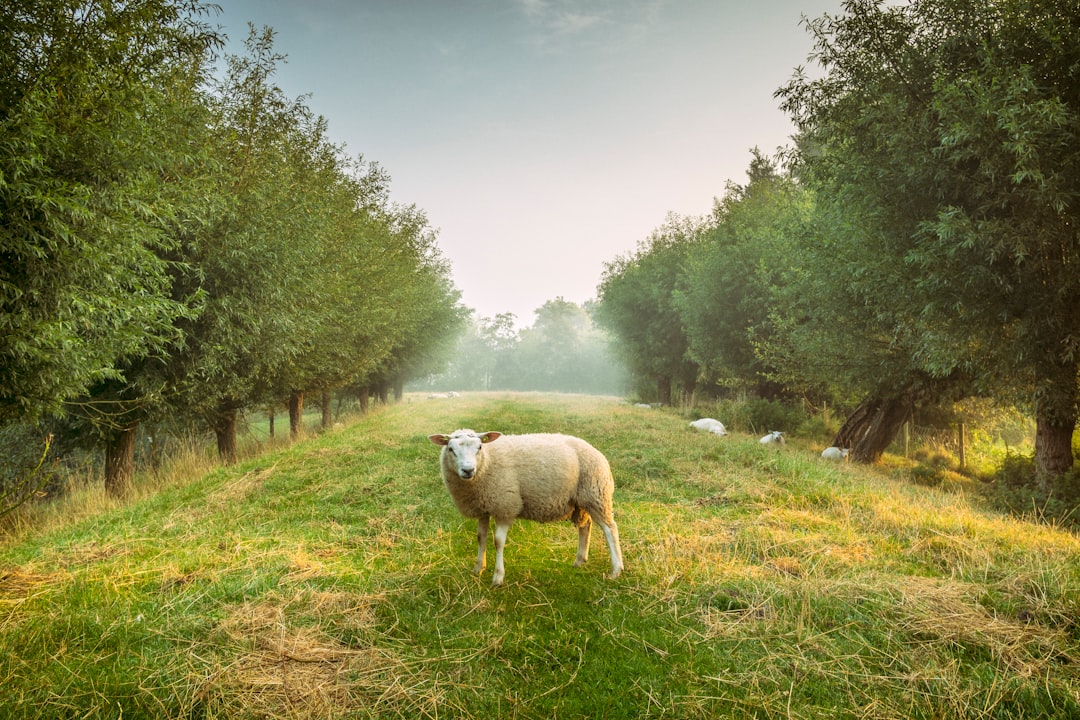
Fleece Production and the Wool Industry: Global Trends and Quality Considerations
The wool industry is experiencing significant growth globally, driven by increasing demand for sustainable and natural fibers. Fleece production, a key component of this industry, involves managing sheep to produce …
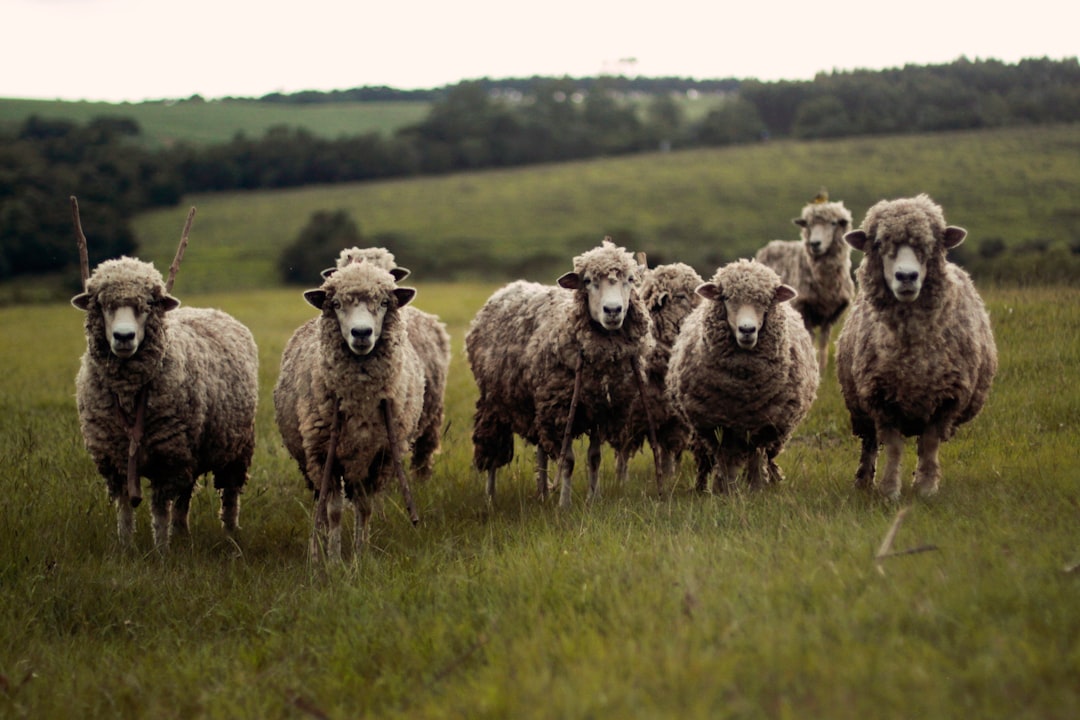
Predator Control Strategies for Sheep Farming: Balancing Conservation and Livestock Protection Globally
Sheep farming is a vital part of agriculture worldwide, but it faces significant challenges from predators. Effective predator control is essential for maintaining healthy and productive sheep flocks while also …
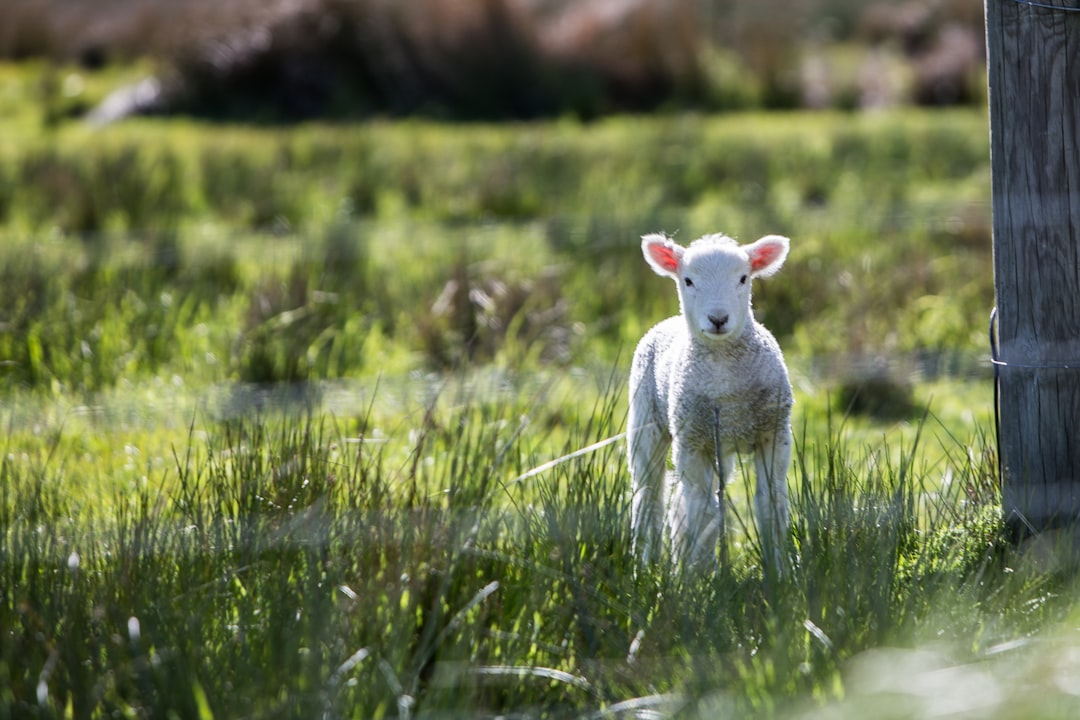
Pasture Management for Healthy and Productive Sheep Flocks in Different Regions
Pasture management is a critical component of maintaining healthy and productive sheep flocks. Effective management strategies not only enhance the health and productivity of sheep but also contribute to sustainable …
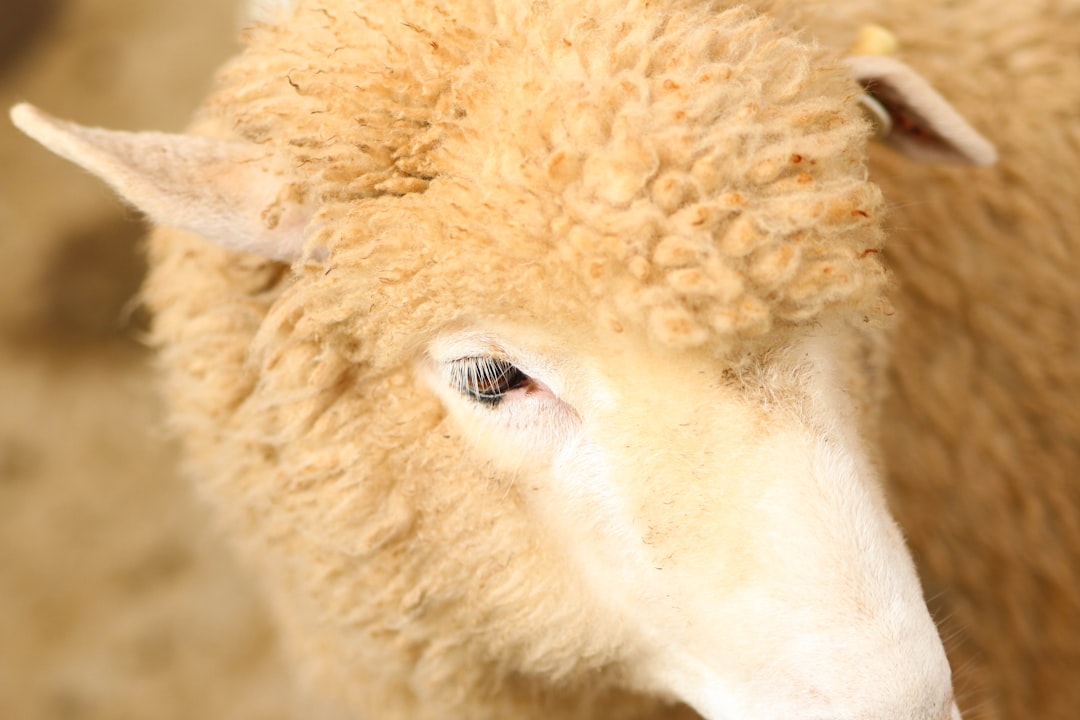
Sheep Breeds for Meat, Wool, and Milk: A Global Guide to Their Characteristics and Uses
Sheep are versatile livestock, providing meat, wool, and milk, each with unique characteristics and uses. This post explores various sheep breeds around the world, highlighting their suitability for different purposes …
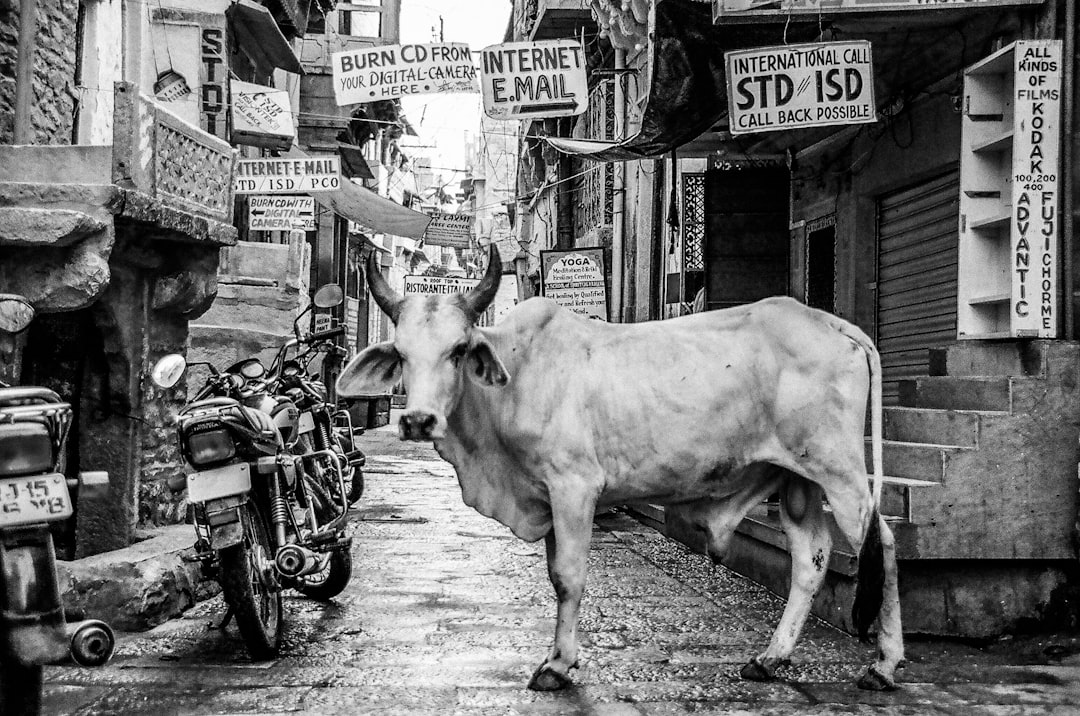
Common Diseases Affecting Cattle Worldwide and Strategies for Prevention and Control
Cattle are a vital resource for the agricultural industry, but they are susceptible to a variety of diseases that can significantly impact their health and productivity. Prevention and early …
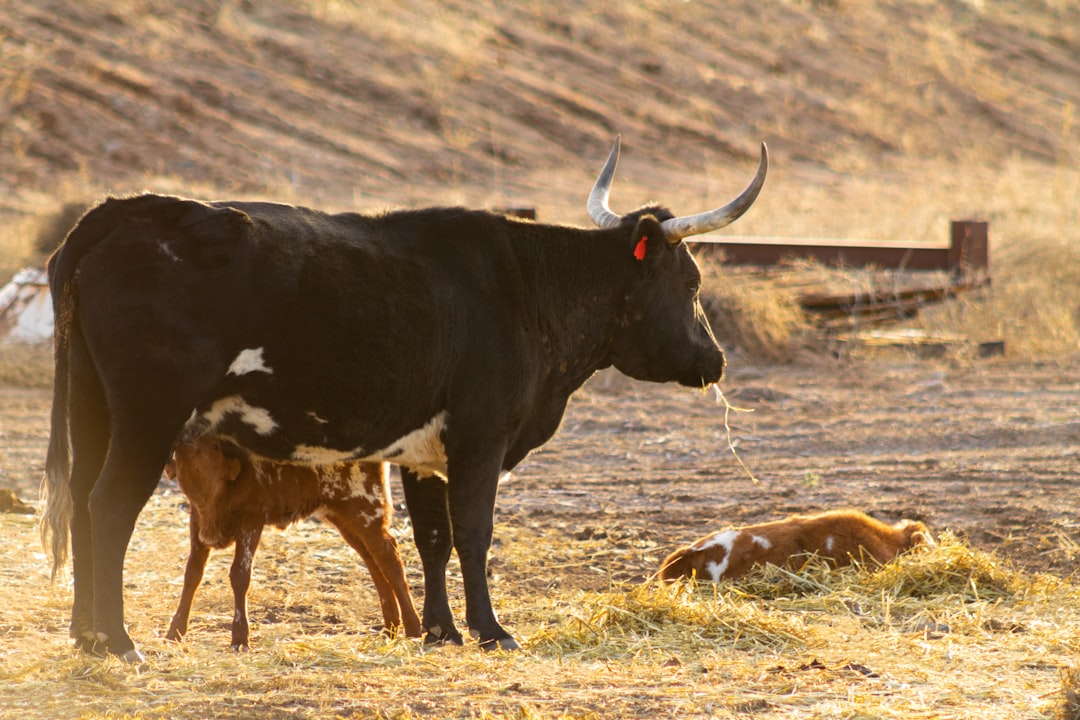
The Role of Grazing Management in Sustainable Cattle Production: Global Best Practices
Grazing management is the practice of organizing livestock to optimize pasture use, focusing on the frequency and intensity of grazing to benefit both the animals and the environment. Sustainable …
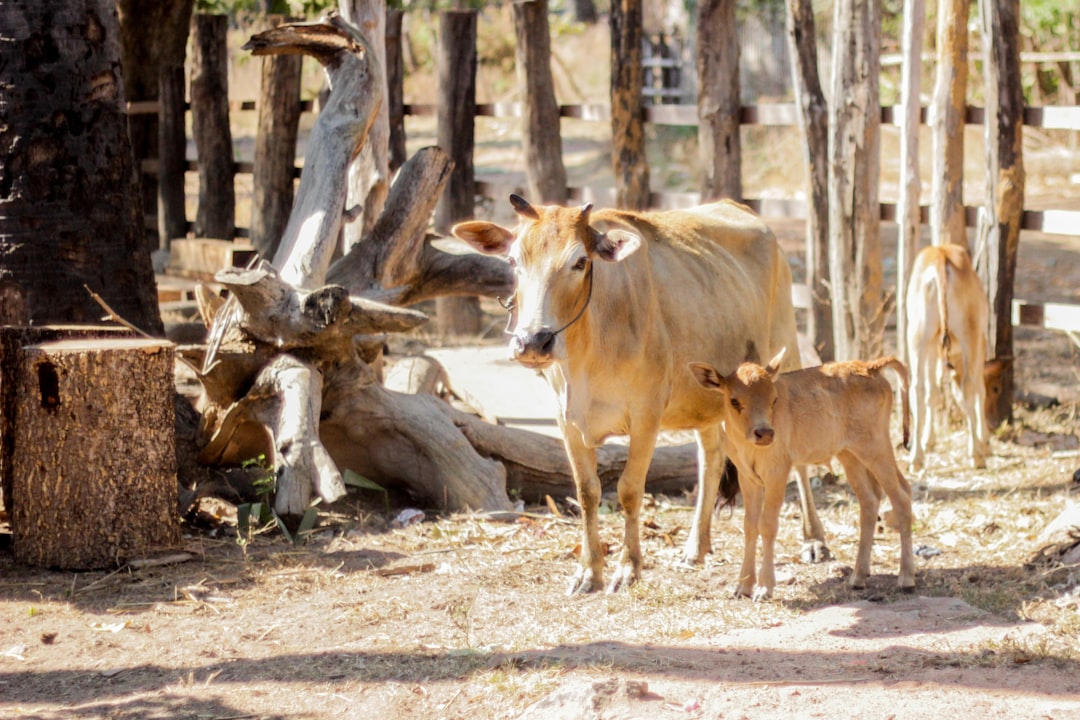
Understanding Different Cattle Breeds and Their Suitability for Various Environments and Purposes
Cattle are a diverse group of animals, selectively bred over centuries to excel in different production systems and environments. Understanding the key differences between breeds is crucial for farmers aiming …
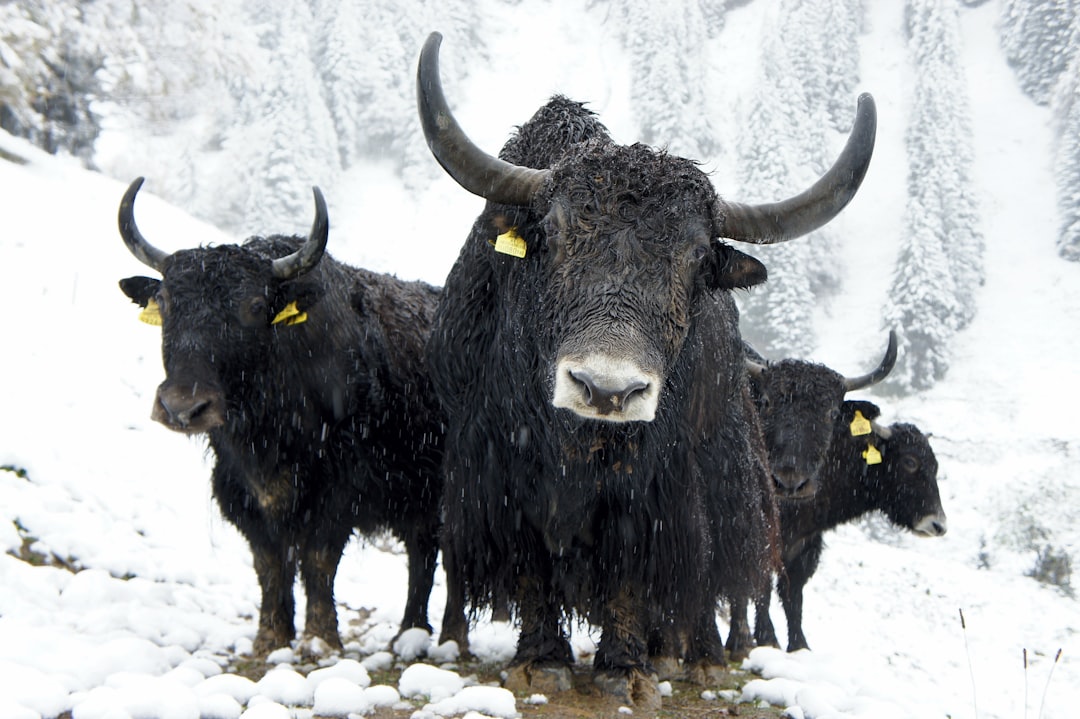
Dairy Cattle Management in Diverse Climates: Challenges and Innovations in Milk Production
Dairy cattle are raised across the globe, from the frigid landscapes of northern Europe to the sweltering tropics. Managing these animals in diverse climates presents unique challenges that require innovative …
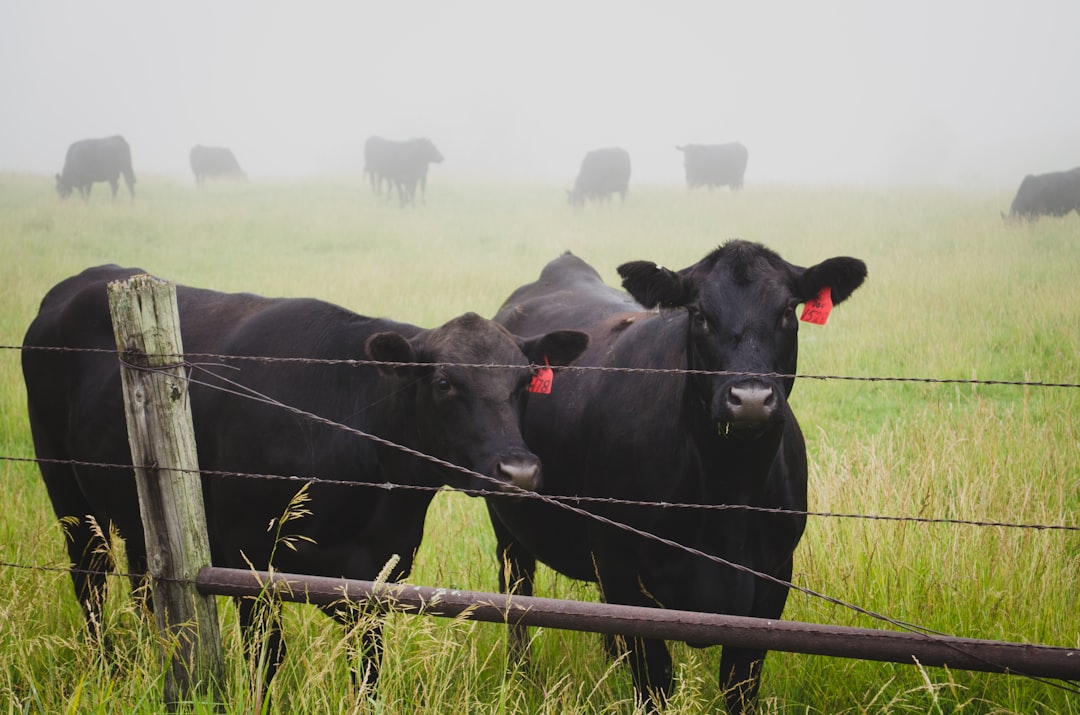
Beef Cattle Production Systems Around the World: From Extensive Ranching to Intensive Feedlots
Beef cattle production varies significantly worldwide, shaped by factors like climate, land availability, economic conditions, and consumer preferences. These systems range from extensive ranching, which requires large land areas and …
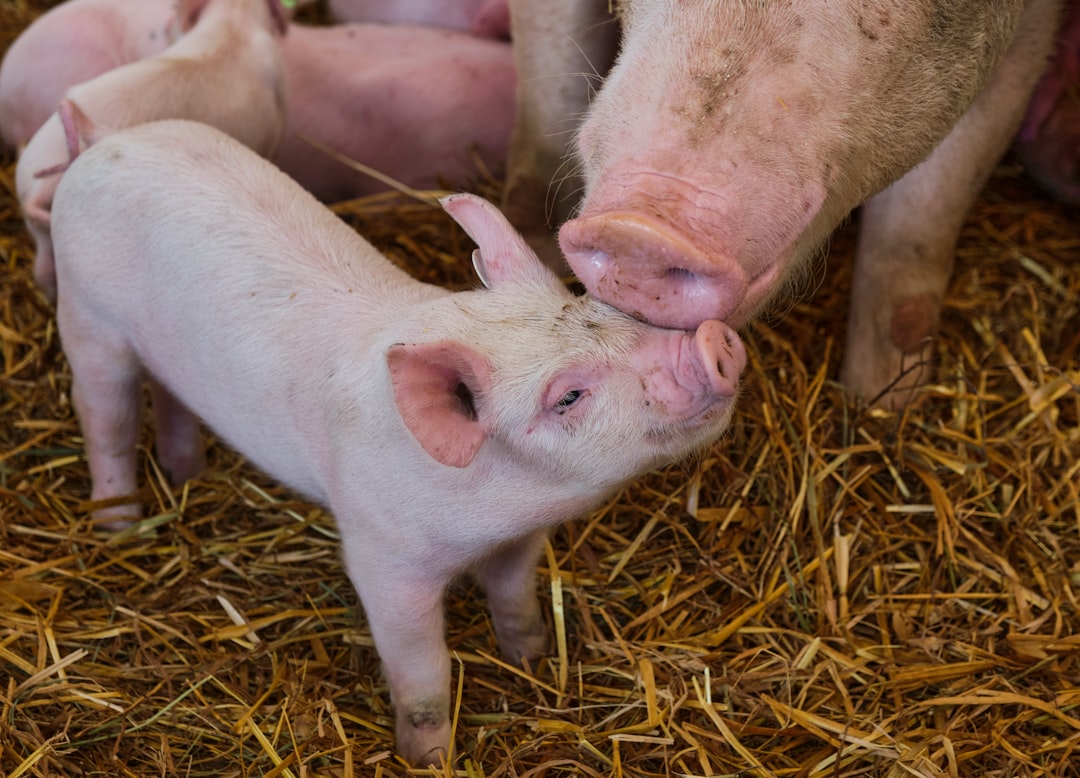
Utilizing Technology to Monitor the Health and Well-being of Farm Animals: Global Trends in Precision Livestock Farming
Precision livestock farming is revolutionizing the way farmers monitor and manage the health and well-being of their animals. By leveraging advanced technologies such as sensors, wearables, and data analysis, farmers …
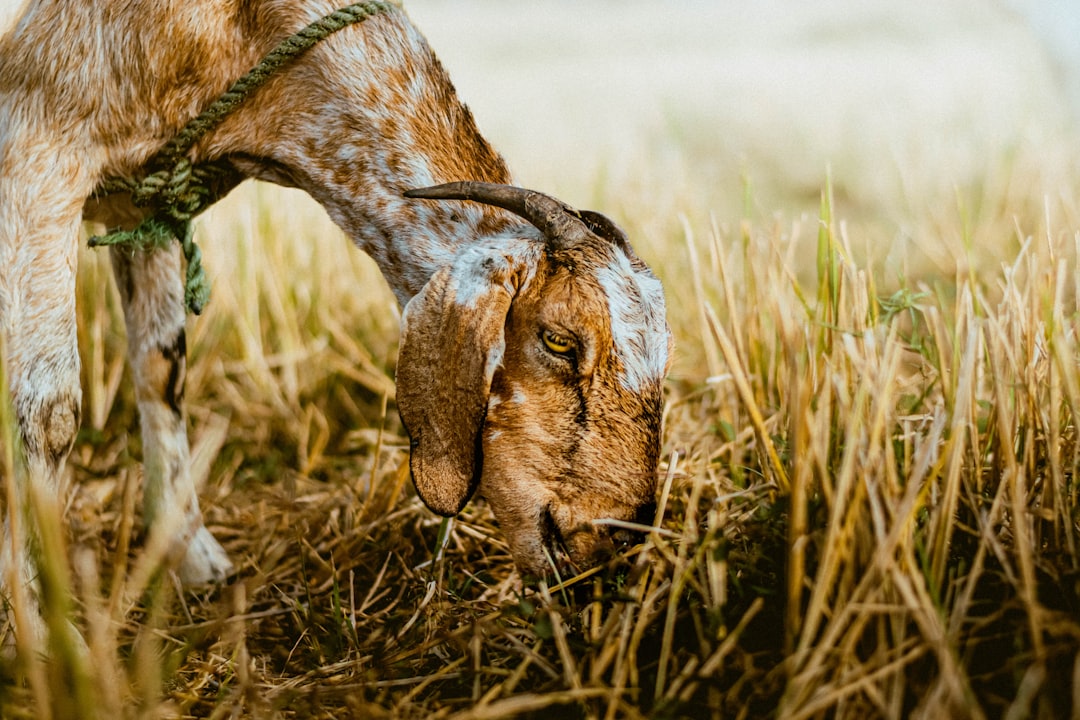
The Impact of Climate Change on Different Farm Animal Species: Challenges and Adaptation Strategies
Climate change poses significant challenges to farm animal species worldwide, affecting their health, productivity, and survival. Rising temperatures, altered precipitation patterns, and increased frequency of extreme weather events contribute to …
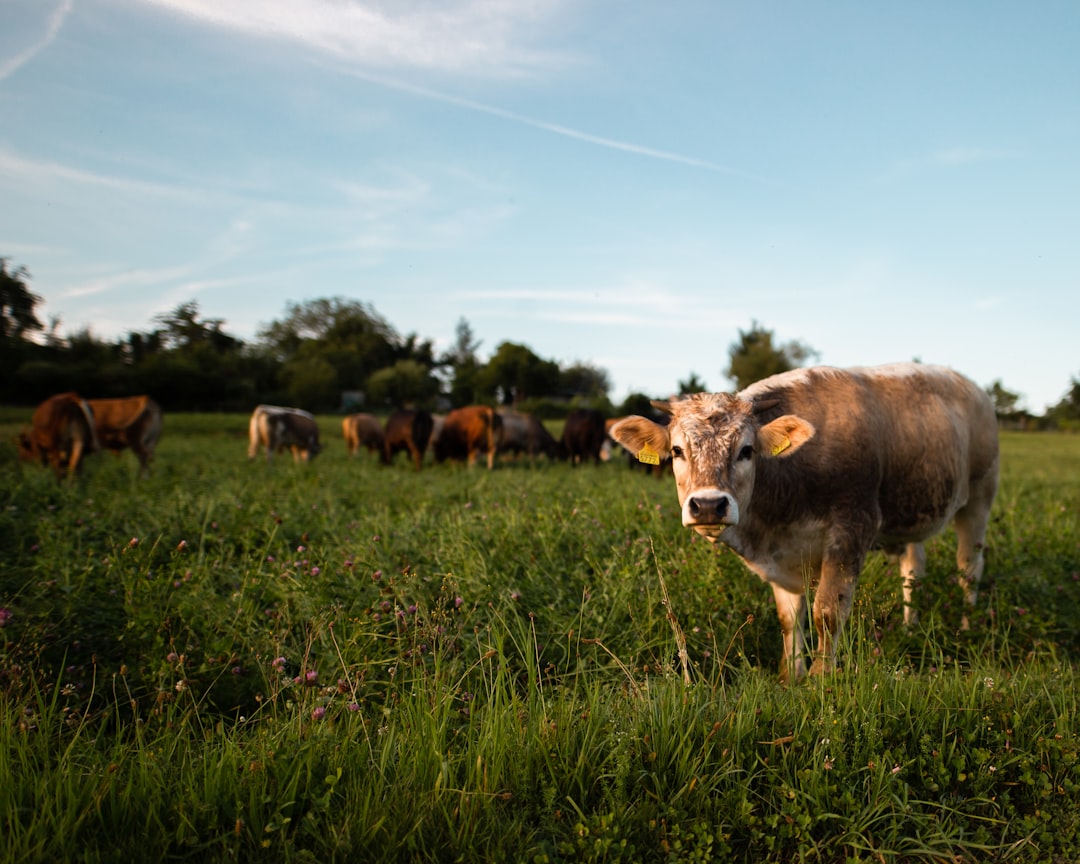
Ethical Considerations in Raising Farm Animals for Food and Fiber: A Global Perspective
The ethical considerations surrounding the raising of farm animals for food and fiber are complex and multifaceted, reflecting a global shift towards more humane and sustainable agricultural practices. This post …
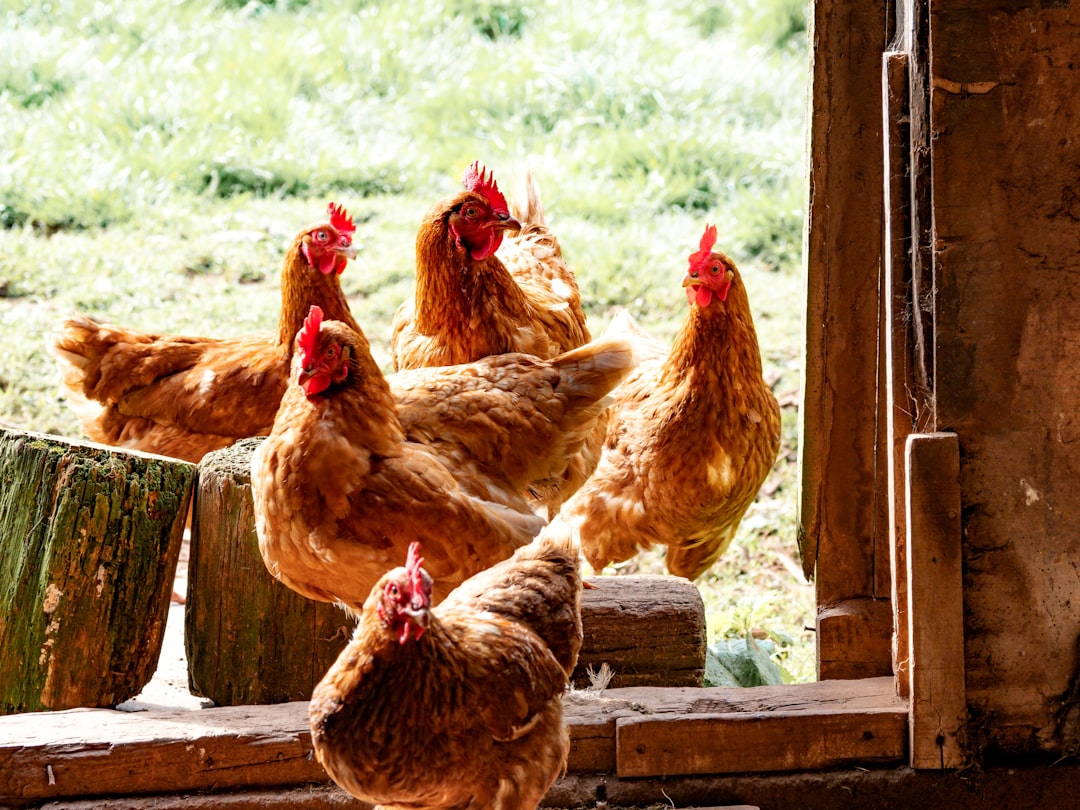
The Role of Farm Animals in Nutrient Cycling and Soil Health: Integrating Livestock into Sustainable Farming Systems
Farm animals play a vital role in nutrient cycling and soil health, contributing significantly to sustainable farming systems. By integrating livestock into agricultural practices, farmers can enhance soil fertility, reduce …
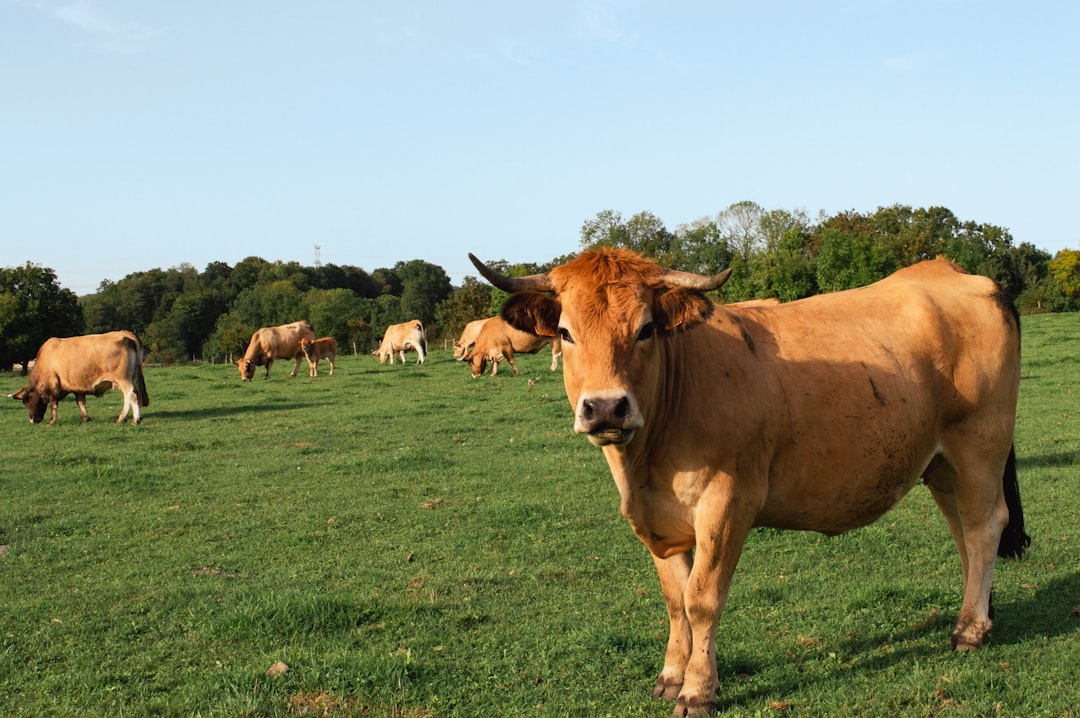
Recognizing and Addressing Common Health Issues in Farm Animals
Farm animals worldwide face a myriad of health challenges that can significantly impact productivity, animal welfare, and the overall sustainability of agricultural systems. Understanding these common health issues and implementing …
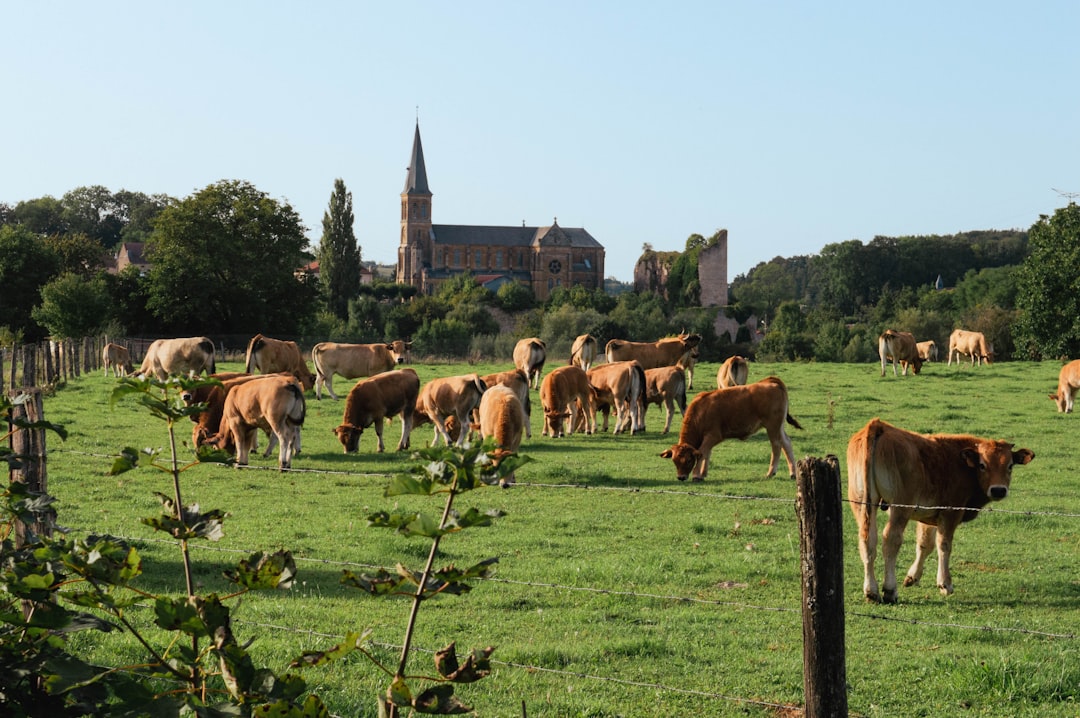
The Importance of Breed Diversity in Farm Animals: Preserving Genetic Resources for Resilience
In the face of climate change and increasing global food demands, preserving breed diversity in farm animals is crucial for ensuring resilience and sustainability in agricultural systems. Different breeds have …
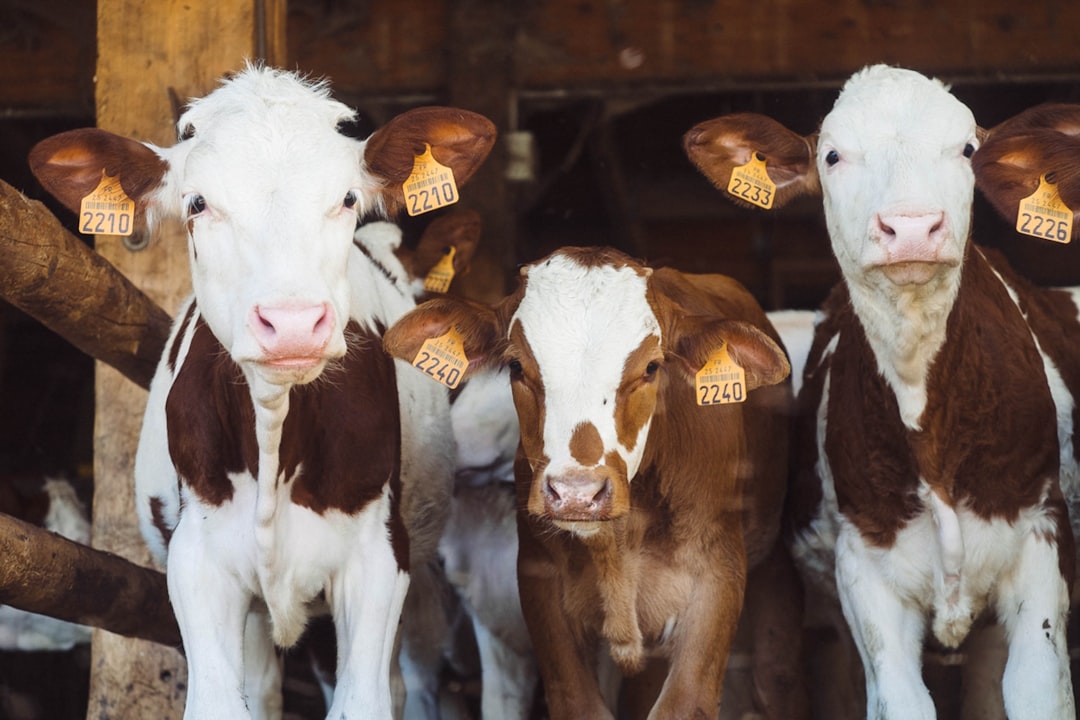
Understanding the Social Behavior of Farm Animals: Creating Harmonious Herds and Flocks
Understanding the social behavior of farm animals is crucial for creating harmonious herds and flocks, which can significantly improve their welfare and productivity. This blog post explores the social structures, …